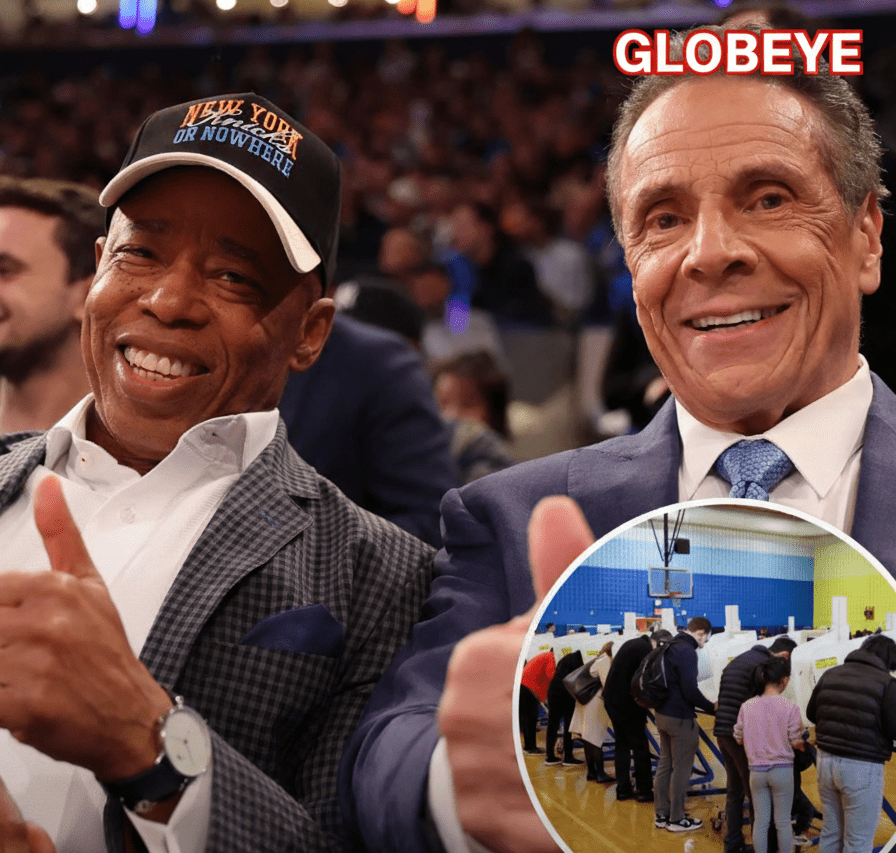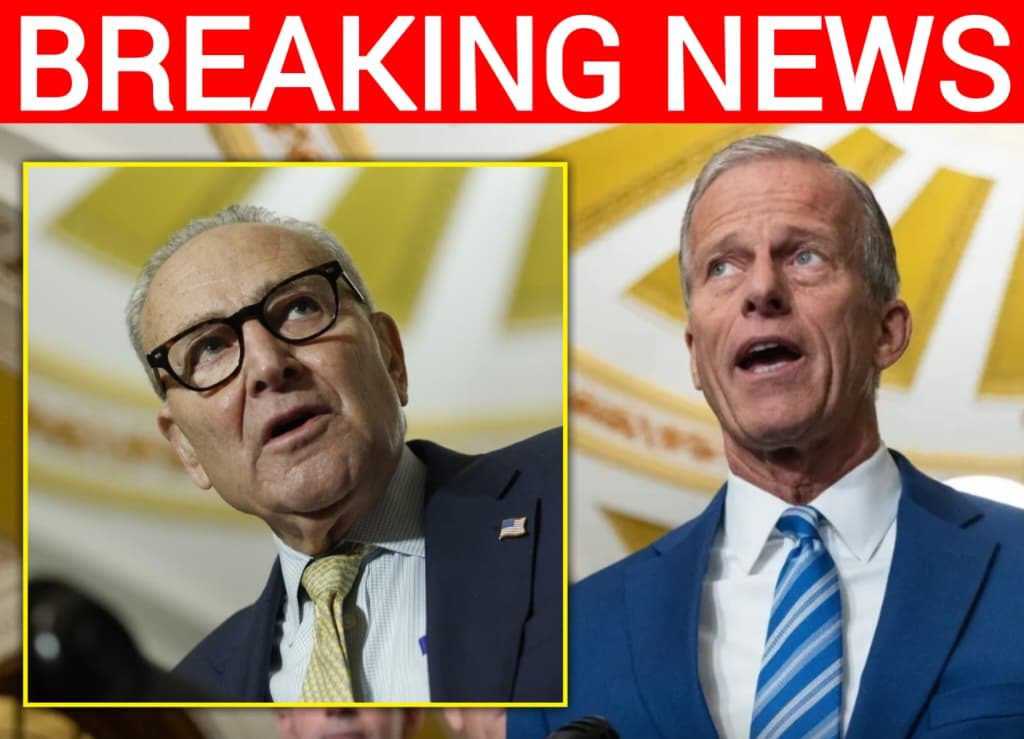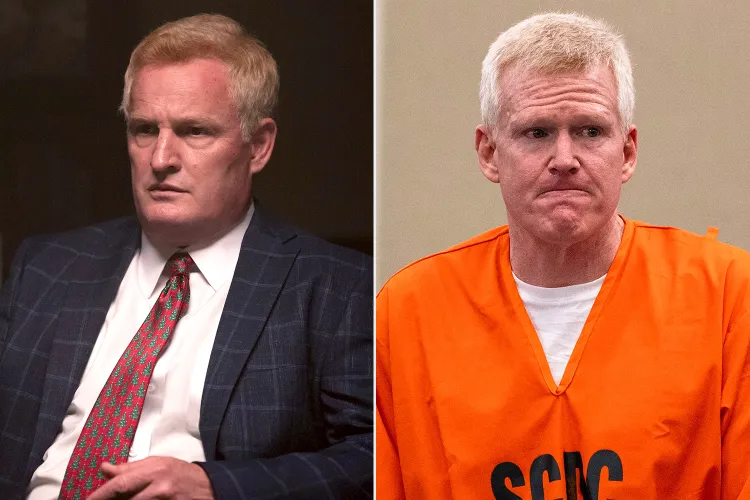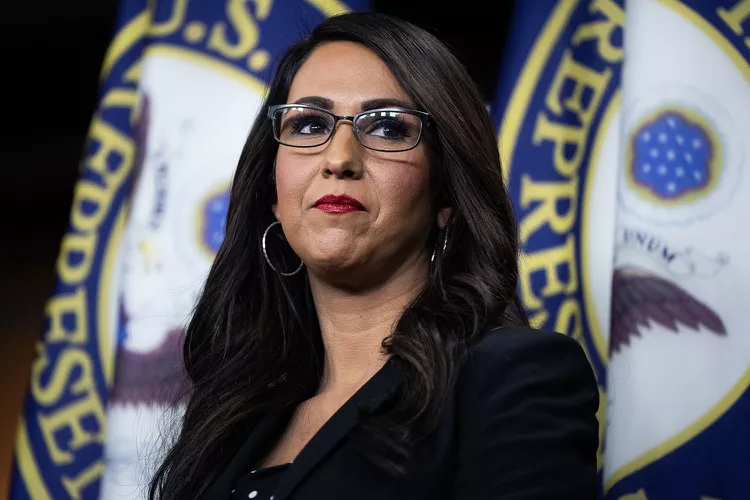New York City’s Incumbent Mayor Eric Adams Is Nowhere to Be Seen in the 2025 Mayoral Race — And It’s Raising Major Questions
When polls opened across New York City on Election Day 2025, the streets came alive with record-breaking turnout. Voters packed schools, gyms, and community centers across all five boroughs to choose the city’s next mayor in what’s being described as one of the most consequential elections in recent memory. Yet amid the excitement and the cameras flashing, one figure was noticeably missing — the city’s own mayor, Eric Adams. Once a high-profile political force who promised to “get stuff done,” Adams has suddenly gone quiet. No speeches, no endorsements, no public appearances. Not even a photo of him casting his own vote.
For weeks, speculation has swirled about Adams’ disappearance from the public spotlight. The mayor officially abandoned his re-election bid back in late September, a stunning decision for a sitting mayor just months before voters were set to decide his fate. In his announcement, Adams said he wanted to focus on “serving out the remainder of his term with dignity,” but his silence since then has sparked questions about whether the decision was purely personal — or a sign of something deeper within City Hall.

In the months leading up to his withdrawal, Adams’ administration faced mounting political and legal pressure. Multiple investigations into his campaign finances, his handling of migrant housing contracts, and questions about internal city spending had already eroded public trust. Even though no formal charges were ever filed, the perception of scandal was enough to taint his brand — one that was once built on his reputation as a straight-talking former NYPD captain who promised to restore law and order.
The mayor’s decision to pull out of the race created an unexpected power vacuum in city politics. It left former Governor Andrew Cuomo, once considered politically finished, free to mount a comeback and appeal to moderate Democrats who previously stood with Adams. At the same time, progressive favorite Zohran Mamdani surged ahead, galvanizing younger voters and renters under a campaign promising economic reform and housing affordability. What had started as a predictable re-election for Adams transformed into a battle for the city’s political soul — with the man who once stood at the center of it all now entirely absent.

Political insiders say Adams’ silence is strategic. After months of bruising headlines and public clashes with state officials, sources claim the mayor has chosen to step back to avoid further damaging the Democratic Party’s image before the general election. Others, however, see it differently. To them, Adams’ disappearance is emblematic of a leader who has lost control of the city’s narrative — someone once in command of the spotlight who no longer knows how to navigate it.
His relationship with Andrew Cuomo has only added to the intrigue. Once allies, the two have grown distant since Adams’ decision to drop out. Cuomo’s re-emergence as a mayoral contender has revived memories of their behind-the-scenes power struggles — moments when Adams sought Cuomo’s advice while quietly resenting his dominance. Now, with Cuomo on the ballot and Adams missing in action, their strange political friendship has turned into a subplot of rivalry and restraint. Insiders describe it as “a cold war of silence,” with each man refusing to publicly acknowledge the other.

The absence is not just symbolic — it’s political currency. In a city that thrives on personality, visibility is power. Adams’ lack of it has opened the door for others to redefine what leadership looks like in post-pandemic New York. Cuomo has positioned himself as the experienced stabilizer capable of repairing the city’s budget and housing issues. Mamdani, by contrast, has cast himself as the visionary reformer ready to dismantle what he calls the “failed establishment.” Without Adams, the debate has shifted dramatically away from the centrist pragmatism that once defined his platform.
For longtime supporters, Adams’ retreat has been hard to watch. When he was elected in 2021, he embodied optimism for working-class New Yorkers who felt left behind. His background — a former police officer who rose from humble beginnings — symbolized the grit of the city itself. He talked about discipline, safety, and accountability in a way that resonated with both moderate Democrats and disillusioned Republicans. But as crime rose again, homelessness worsened, and the migrant crisis strained city resources, his image of competence began to crack.
Throughout 2024 and into 2025, Adams struggled to control the narrative. Critics accused him of mismanaging city contracts and failing to deliver on key infrastructure promises. His approval ratings plunged below 35 percent by the summer, and whispers of an early withdrawal began circulating months before he made it official. The decision to step aside seemed inevitable — yet what followed has been even more surprising: complete silence.

City Hall insiders describe a mayor who has become increasingly withdrawn, avoiding press events and public appearances. In October, he skipped multiple city council meetings, fueling rumors that he might resign before the end of his term. But aides insist he’s still governing — just “selectively.” He’s been seen occasionally visiting schools and police precincts, though without any press present. One aide described it as “a low-profile victory lap — he’s finishing quietly, on his own terms.”
Still, New Yorkers have noticed. The city’s political chatter has turned into a guessing game. Has Adams gone into political hiding to regroup? Is he eyeing another position beyond City Hall — perhaps in Washington, where his allies say he’s maintained ties with the Biden administration? Or is this simply a man retreating from the very stage that once made him? Whatever the reason, his absence has become the story.

The 2025 election could be one of the most defining in decades. Early exit polls suggest turnout among younger voters is up nearly 18 percent from 2021, largely driven by Mamdani’s grassroots movement. Cuomo, meanwhile, has performed strongly in more traditional Democratic enclaves, drawing older and moderate voters who long for the stability of his past leadership. With both camps energized, Adams’ neutrality — or disappearance — has become even more glaring.
Even political veterans are puzzled. “It’s unprecedented,” said one strategist familiar with the campaign’s inner workings. “You don’t just walk away from a race like this and then vanish. Even if you’re not running, you show up to vote. You make a statement. You protect your legacy. But Adams has done none of that.”
In the absence of answers, theories abound. Some believe Adams is deliberately allowing Cuomo and Mamdani to battle it out, confident that either outcome will validate his own policies in hindsight. Others suspect that federal investigations, while dormant, could still resurface, making silence the safest play. Then there are those who think Adams is simply exhausted — a man who came into office promising a “24-hour mayoralty” only to be crushed by the relentless pace of the city he governs.

Whatever the truth, one thing is clear: New York’s political landscape is changing fast. Adams’ era, once defined by charisma and swagger, appears to be closing quietly, without ceremony or applause. His absence at the polls — on a day when millions of New Yorkers lined up to vote for his successor — feels like a fitting metaphor for his final months in office: invisible, uncertain, and overshadowed by the noise of those vying to replace him.
In a city built on boldness and ambition, silence is rarely an asset. And yet, for Eric Adams, it may be his only move left. Whether it’s strategic restraint or quiet defeat, his vanishing act has already secured him a place in the city’s long, dramatic history — as the mayor who once promised to lead New York through its toughest days, only to disappear when the city needed him most.



